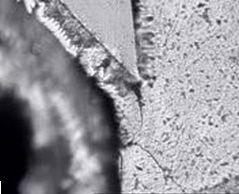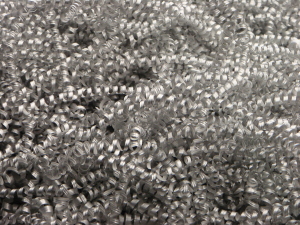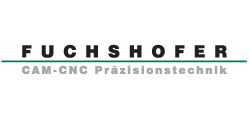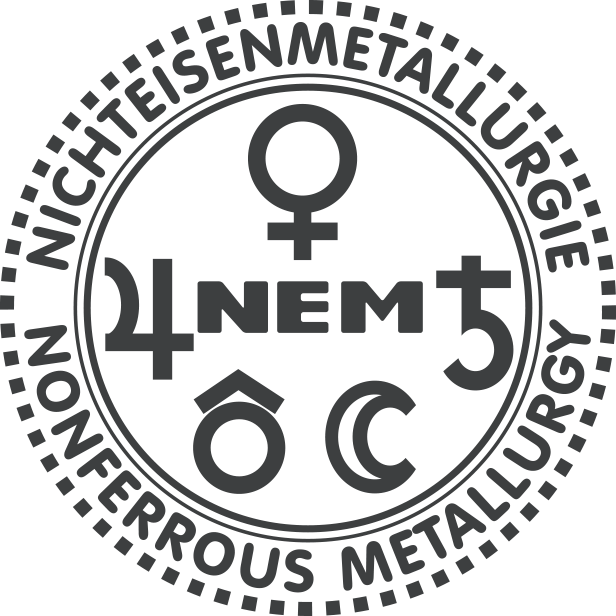Project monitoring:
Dipl.-Ing. Dr.mont. Susanne Koch
Since July 2008, aluminum for machining purposes with a lead content of more than 0.4 wt.-% has been prohibited by the European Union (RoHS – Reduction of Hazardous Substances Directive; ELV – End of Life Vehicles Directive). Aluminum alloys for machining contain low melting and soft metals like lead or bismuth. These elements cannot dissolve in the aluminum solid solution and consequently form phases along the grain boundaries. These non-uniformities of crystalline structure support the formation of the preferred short chips, prolong the tool life, improve the work piece surface quality and hence, increase the machinability.

The present Nonferrous Metallurgy study exhibits the effects of a lead replacement by tin. The influences of alloying element variations on materials characteristics like microstructure or mechanical properties in the AlCuMgSn wrought alloys are being investigated. Moreover, altered material behaviors during machining and anodization are documented. The focus of the investigation is a comprehensive alloy specification with the objective of finding an optimized alloy composition for good machinability with balanced mechanical properties and good corrosion resistance.

In cooperation with





